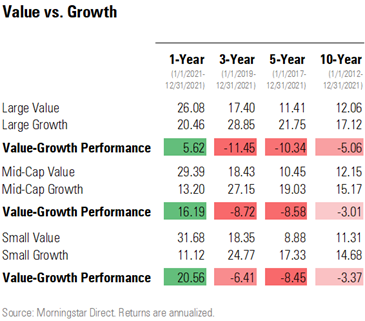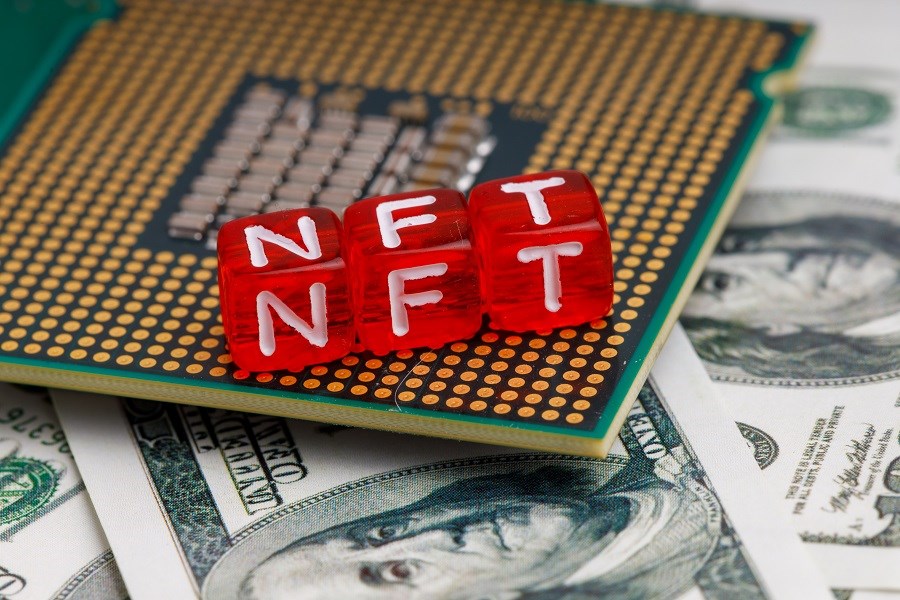
Though not nearly as topical as recent investment buzz words like ESG (environmental, social, governance), cryptocurrencies, and thematic funds, strategic beta funds (which are also known as "smart beta," "alternative beta," "enhanced indexes," or "quantamental indexes") have also had their time in the spotlight in recent years. What are they?
What is Smart Beta?
What Morningstar deems strategic beta is a broad and rapidly growing category of benchmarks and the investment products that track them. These products are a blend of active and passive strategies. In short, smart beta funds are those that employ a hybrid approach to investing. These funds employ rules-based investment approaches that home in on a specific factor exposures like value, growth, quality, momentum, low-volatility, and dividends. This approach offers active factor exposure with a lower cost than active management, which is a distinct advantage for investors who believe a particular factor exposure is in favour.
Additionally, because the factor exposure is hard-wired into the investment approach, it is very unlikely that a smart beta fund will drift away from its stated style or factor exposure. For example, a smart beta fund with a focus on value will never look like a growth fund. However, the consistency of factor exposure may not always work in the favor of the investor. Like timing the market, it is very difficult to predict when a specific factor will have its time in the sun. A great example can be found in smart beta products that target low volatility stocks. In concept, these strategies will provide protection on the downside, but investors in them will likely miss out on market gains during rallies.
Pros
- Offers active-like exposure to a specific factor like value, growth, momentum, dividends
- Lower cost than active management
- Consistent factor exposure over time, regardless of market conditions
Cons
- Does not course correct (i.e. if a specific factor is out of favor, the strategy will continue to invest the same way without consideration of recent performance)
- More expensive than pure passive indexed products
What is “Beta,” Anyway?
The origins of beta heralds back to a core financial concept known as the capital asset pricing model (CAPM). This concept explains that a security’s return can be attributed to the movement of a given factor (for example the return of the market) multiplied by a measure of sensitivity, known as beta.
When beta is mentioned generically, it usually refers to the historical movement of the stock relative to a stock index. A stock with a beta of 0.9, for example, has historically moved by 90 cents for every dollar that the index has grown. Conversely for every dollar the index has fallen, the stock has only fallen by 90 cents. A stock with a beta of 1 has historically moved in line with the market.
Later versions of CAPM reference the idea that a stock’s return is attributed to its sensitivity to several distinct factors like value/growth, momentum, quality, volatility, etc. Hence, the term ‘smart beta’ or ‘strategic beta’ refers to a purposeful exposure to a specific factor.
Do you need it?
Like the tides of the ocean, stock investment styles can go in and out of favor over time. For the past decade for example, it seems that the U.S. market has favored growth investors, thanks to the likes of tech giants like Facebook/Meta, Amazon, Apple, and Google. This trend is starting to reverse, as can be illustrated below.

That said, it is very difficult to determine if a particular factor will be in favor for the next 10 years. The choice of whether you use a smart beta strategy or not depends on whether you have confidence in the performance of a particular factor. In other words, you are placing a bet on a style. For the rest of us, we can rest easy in knowing that a plain vanilla equity index ETF is still a reasonable choice for broad exposure to stocks.
This article does not constitute financial advice. Investors are encouraged to conduct their own research before buying or selling any investment.




















